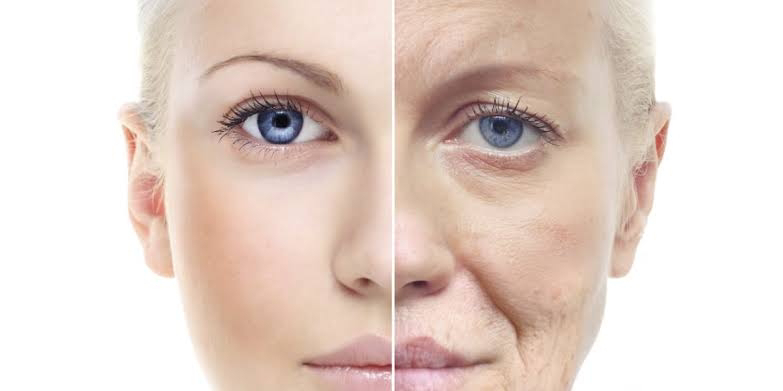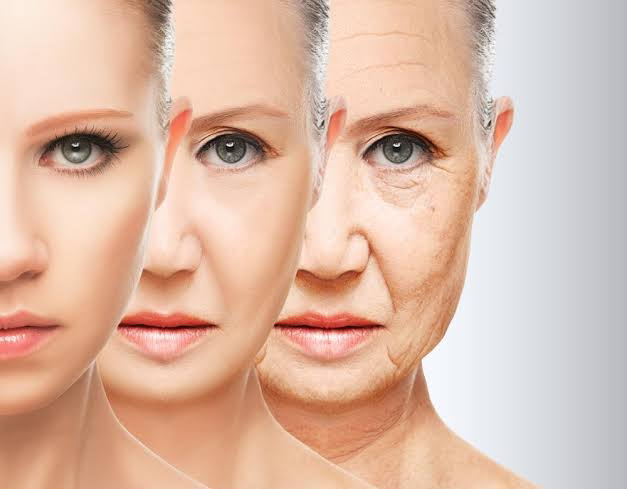Skin Care for Senior Citizens
Caring for the skin of elderly individuals requires special
attention and consideration due to the natural aging process and potential
age-related skin issues. Here are some essential tips for the skincare of older
people:
1. Gentle Cleansing:
Use a mild, fragrance-free cleanser to wash the face and
body. Harsh soaps can strip the skin of its natural oils, leading to dryness
and irritation.
Avoid hot water, as it can further dry out the skin. Use
lukewarm water for bathing and washing.
2. Moisturize Regularly:
Apply a good-quality, hypoallergenic moisturizer immediately
after bathing or showering to lock in moisture.
Choose a moisturizer with ingredients like ceramides,
hyaluronic acid, and glycerin, which help hydrate and maintain the skin's
natural barrier.
3. Sun Protection:
Protect the skin from the sun by wearing broad-spectrum
sunscreen with an SPF of at least 30. Apply it generously to exposed areas,
including the face, neck, and hands.
Encourage the use of wide-brimmed hats, sunglasses, and protective
clothing when going outdoors.
4. Avoid Irritants:
Check for irritants in skincare products and laundry
detergents. Fragrances and certain chemicals can exacerbate skin sensitivities.
Opt for fragrance-free and hypoallergenic options.
5. Stay Hydrated:
Proper hydration is essential for healthy skin. Encourage
drinking an adequate amount of water throughout the day.
6. Maintain a Healthy Diet:
A well-balanced diet rich in fruits, vegetables, and omega-3
fatty acids can promote skin health.
Omega-3 fatty acids found in fish, flaxseeds, and walnuts
help maintain skin elasticity and hydration.
7. Monitor Skin Changes:
Regularly inspect the skin for changes, such as moles,
rashes, dry patches, or lesions. Any unusual or persistent skin changes should
be evaluated by a dermatologist. This is especially important on diabetic patients.
8. Gentle Exfoliation:
Exfoliating once or twice a week can help remove dead skin
cells, improving the skin's texture. Use a mild exfoliant to avoid irritation.
9. Avoid Smoking and Limit Alcohol:
Smoking accelerates skin aging and can lead to premature
wrinkles and skin damage.
Excessive alcohol consumption can dehydrate the skin.
Encourage moderation.
10. Consult a Dermatologist:
For specific skin concerns, it's advisable to consult a
dermatologist who can provide personalized advice and treatment options.
11. Hygiene and Incontinence Care:
For older adults with incontinence issues, maintaining
proper hygiene is essential. Use gentle cleansing products, barrier creams, and
moisture-wicking fabrics to prevent skin irritation and pressure sores.
12. Comfortable Clothing:
Choose loose-fitting, breathable clothing made from natural
fibers like cotton to reduce skin irritation and chafing.
13. Encourage Regular Exercise:
Exercise promotes good circulation, which can benefit the
skin by delivering essential nutrients and oxygen.
Remember that aging skin may be more delicate and
susceptible to injury, so it's crucial to handle it gently and provide proper
care. Encourage older individuals to establish a consistent skincare routine
and seek professional guidance for any concerning skin issues.








Comments
Post a Comment